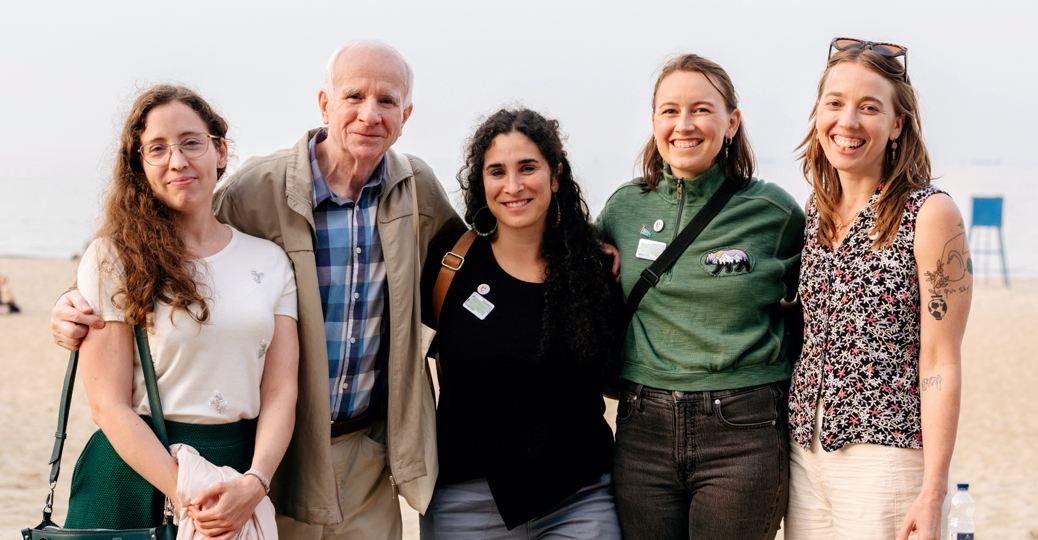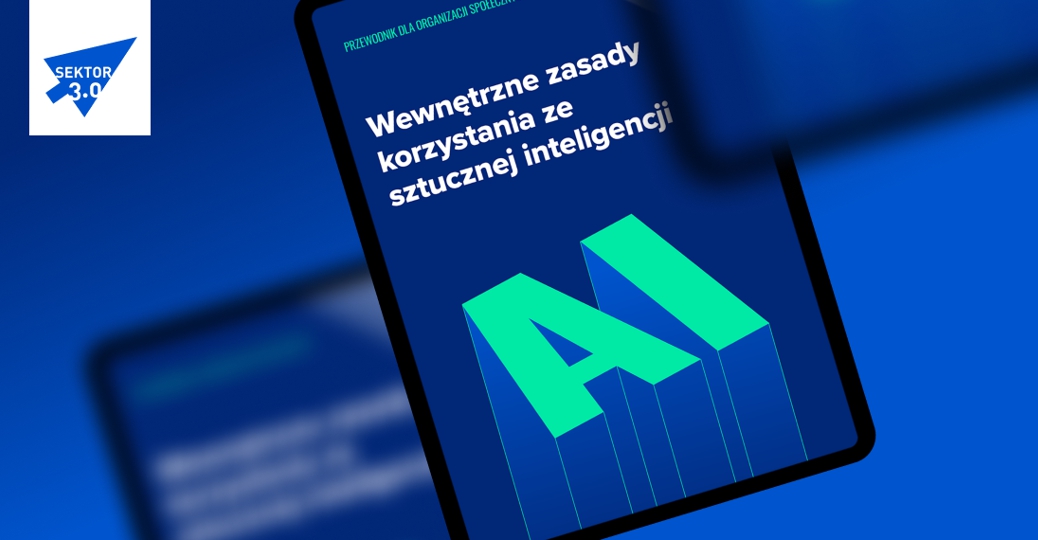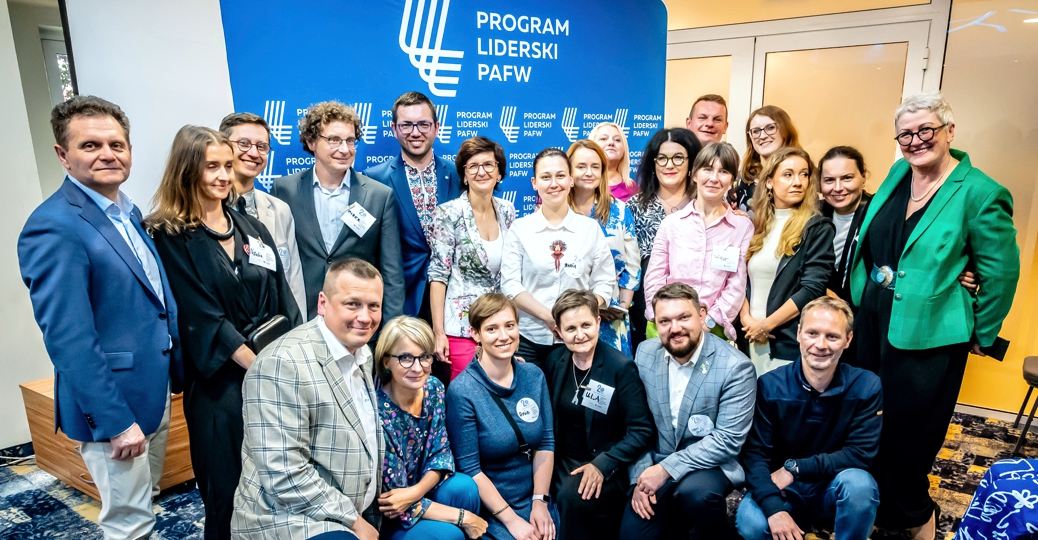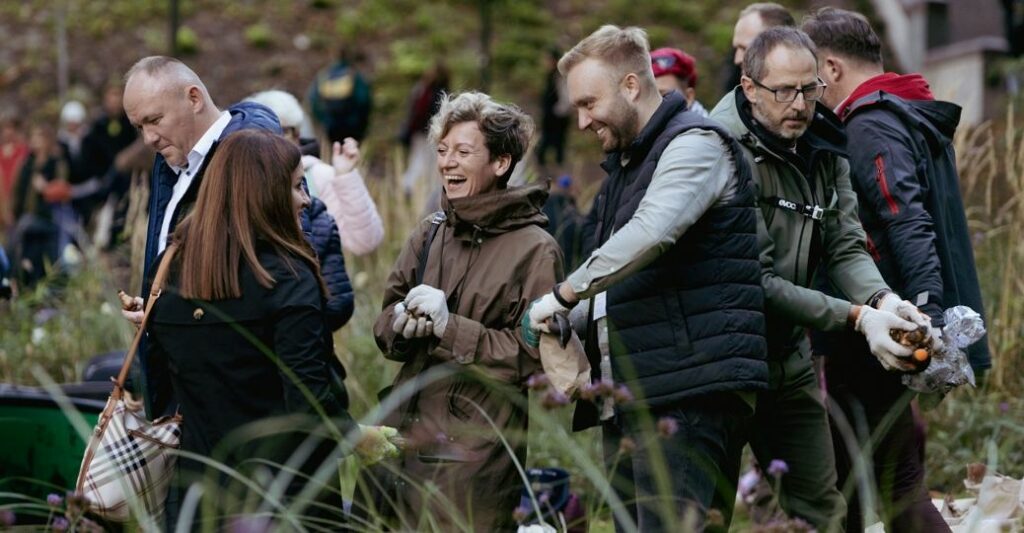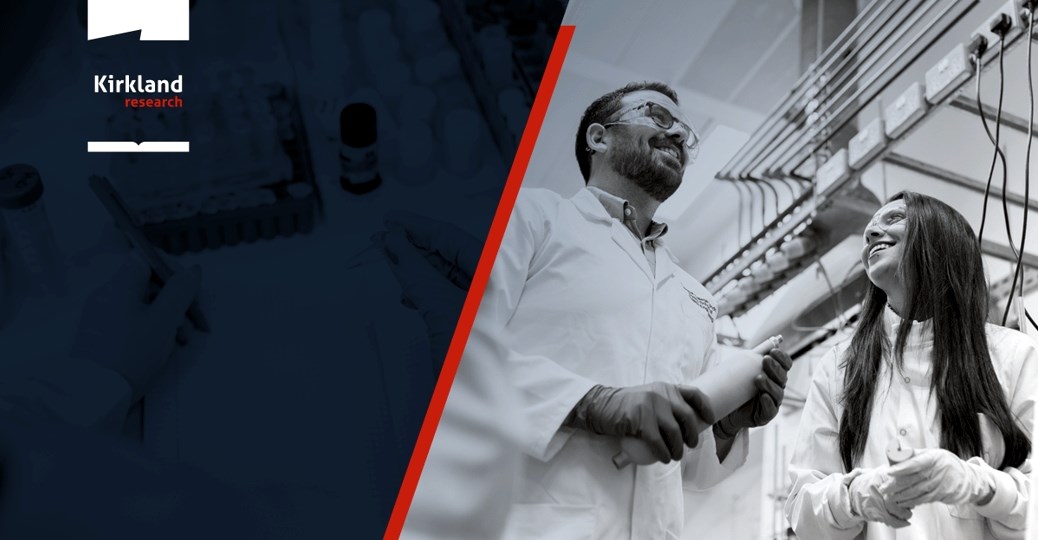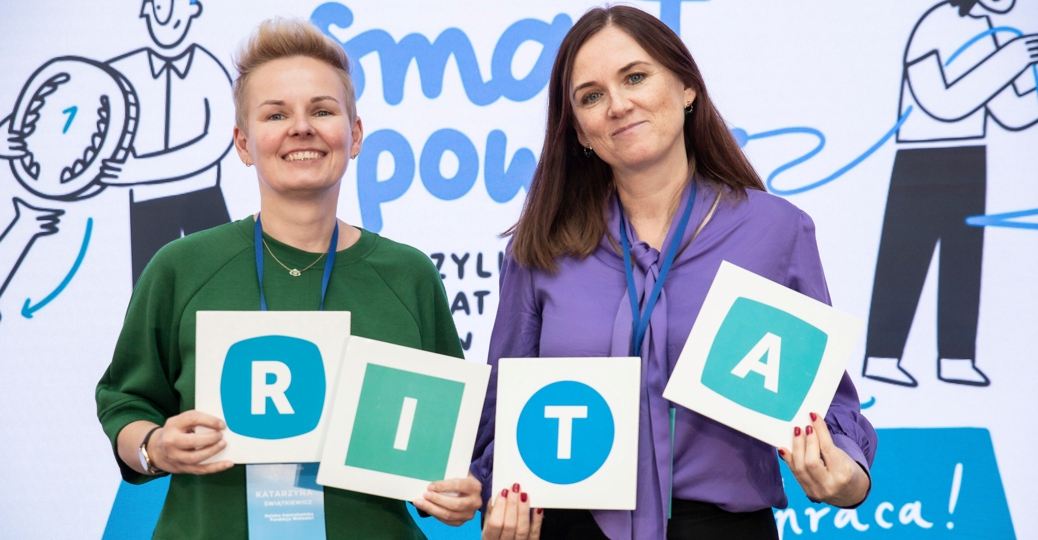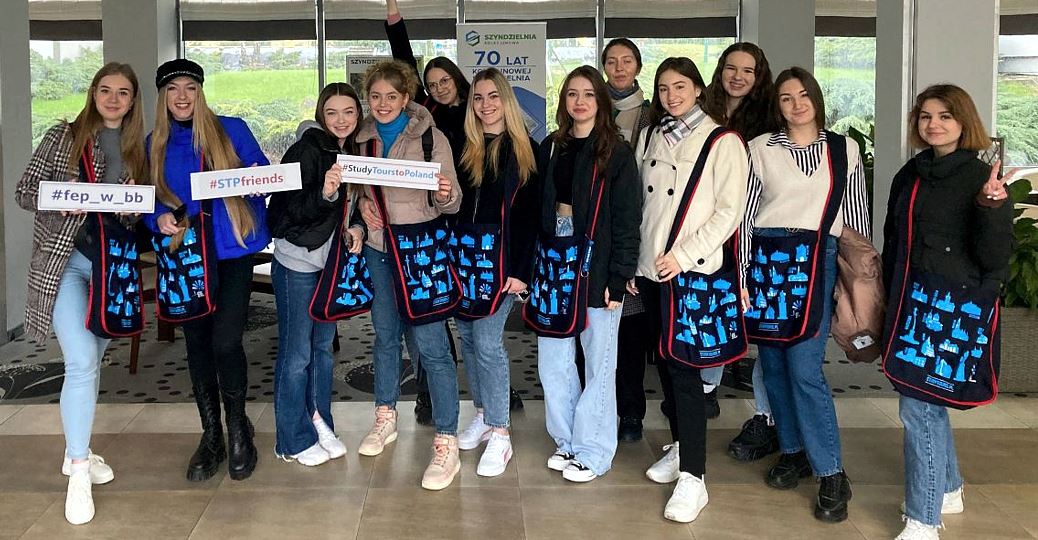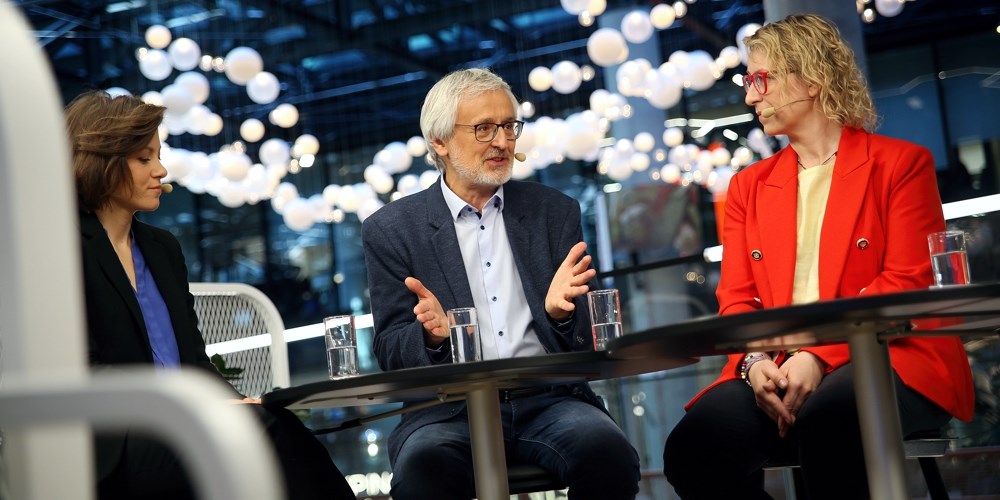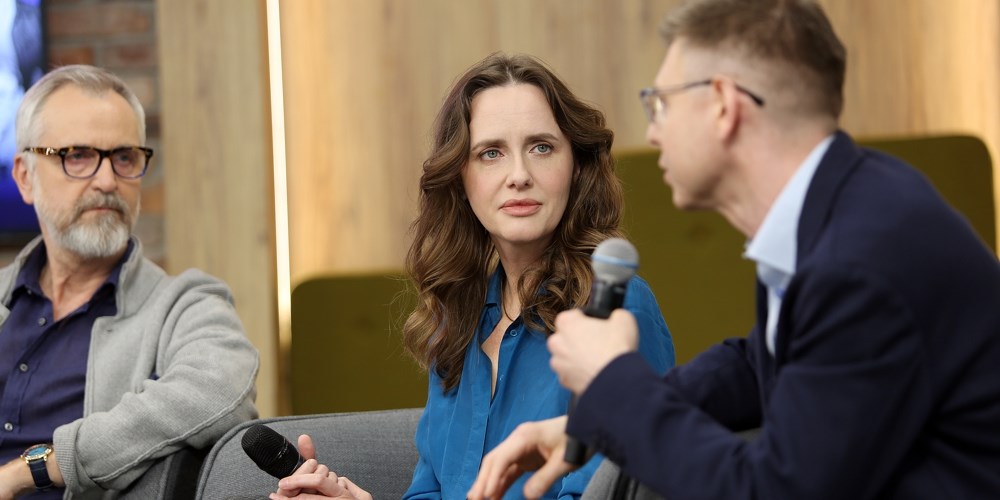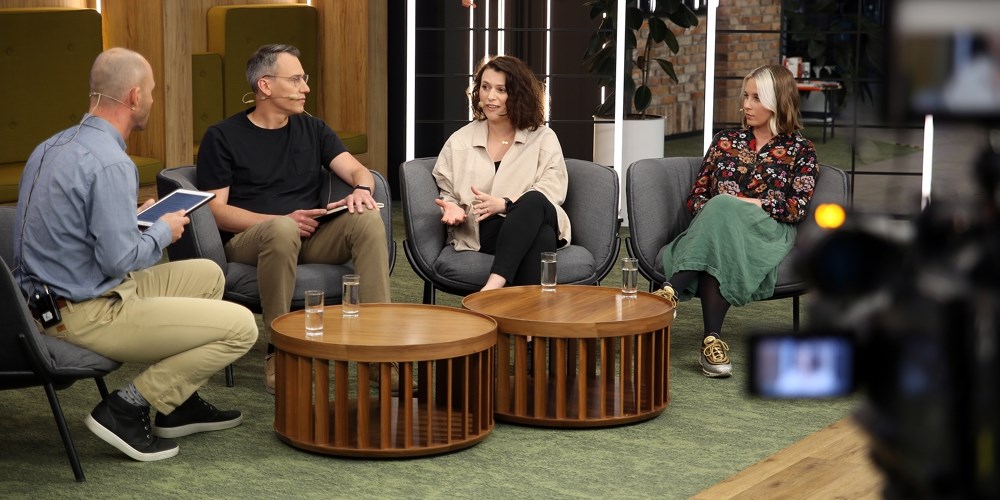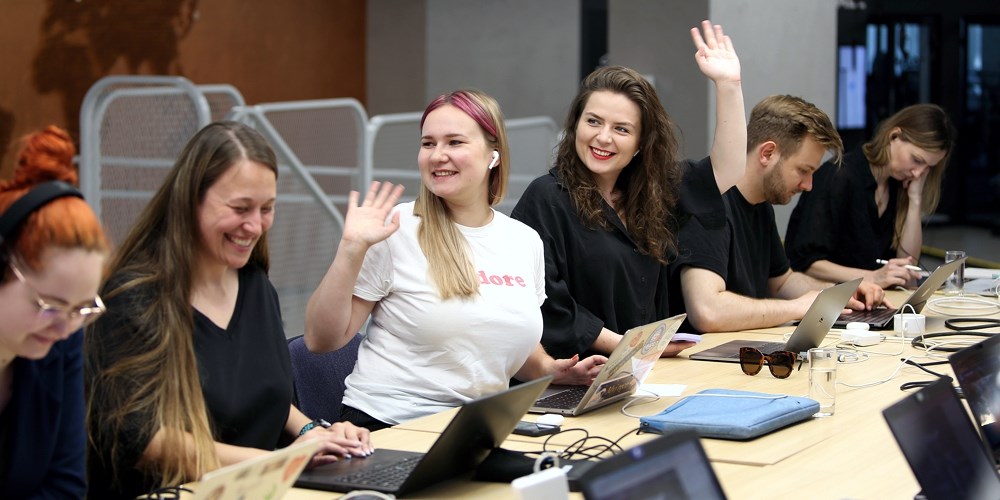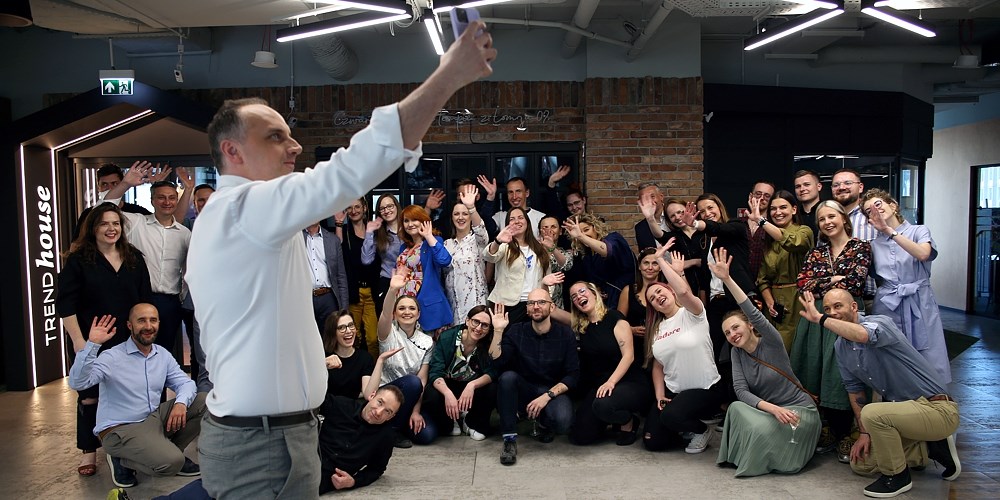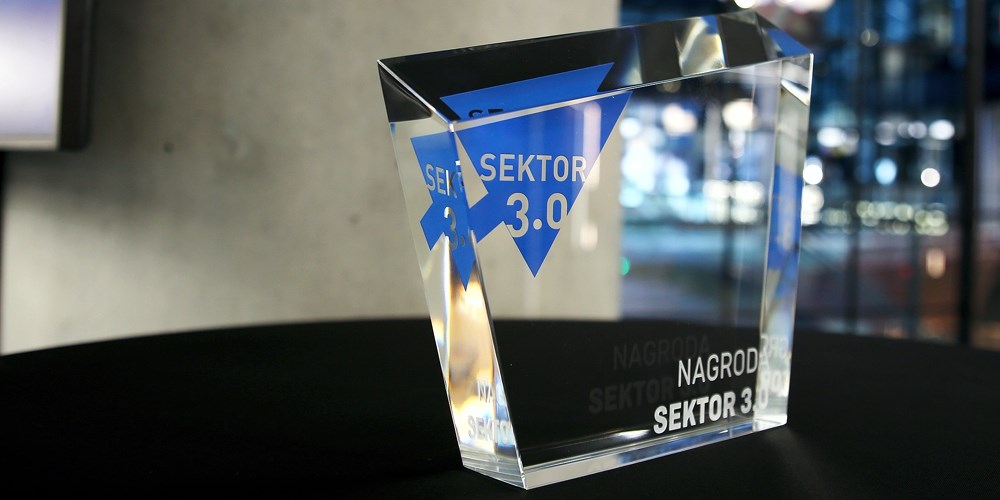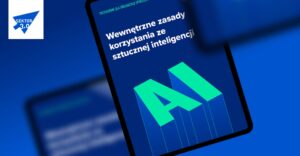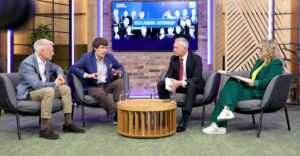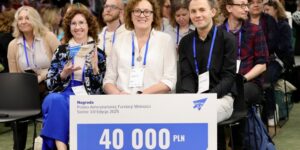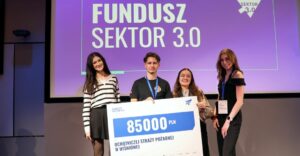Lectures, discussion panels and questions and answers sessions, over 50 experts from Poland and abroad – all that over four intensive hours of Sector 3.0 Festival. This year’s event held under the motto of Building Trust was on building credibility and trust in the world full of technology. The special guest was U.S. Ambassador to Poland Mark Brzezinski.
That was already twelfth round of the Sector 3.0 Festival organized by the Polish-American Freedom Foundation and the Information Society Development Foundation; and for the third time held online. The event was attended by over 800 participants who had an opportunity to listen to the lectures, seminar sessions, and ask the lecturers questions in the meeting zone. The Festival also enabled online networking of the participants and representatives of partners.
Trust crisis
The event was inaugurated by an expert discussion on building trust in digitalized world where distrust became a standard and there is lack of space for constructive debates. How can we build credibility in face of today’s global challenges? Among the discussion participants were Magdalena Dziewguć of Google Cloud Polska, Prof. Bolesław Rok of Kozminski University and Zuzanna Rudzińska-Bluszcz of ClientEarth.
“The pandemic showed how important is to manage disinformation. Fake news that drinking bleacher can effectively cure COVID-19 were read by millions of people. Thus we are responsible for protecting users from disinformation, so that they trusted us,” Magda Dziewguć (Google Cloud Polska) noted.
“Trust in science is in a kind of crisis. Today an influencer with a big number of followers is more important than a scientist because a scientist is a person who speaks in such a complicated way that it’s difficult to understand,” Prof. Bolesław Rok of Kozminski University explained.
We can observe the trust crisis in almost every field of life. According to data presented by Bartosz Węglarczyk (Onet), only 36% of Americans trust mass media. The situation is similar in Europe. What’s the reason of that?
“There are many factors that have impact on the situation at the same time. Media have significantly changes over last two decades. It was caused by the cable TV, the Internet, social media. The standards of information transmitted by them are very different. Some are closer to the right, others to the left of political spectrum. That has caused numerous arguments. Additionally, at the time when Donald Trump was the U.S. president the battle for truth started – and I say that from purely analytical and not political viewpoint. Instead of discussing existing problems we are fighting to get the facts straight. I’m not surprised that people are tired of it,” said American journalist and presenter Mika Brzezinski who was interviewed by Onet editor-in- chief Bartosz Węglarczyk especially for the Festival participants.
New authorities and trust through authenticity
Zuzanna Rudzińska-Bluszcz (ClientEarth) pointed to the fact that also among Poles the level of distrust is high: as much as 70% of people don’t trust anybody except for their close ones. Accordng to the President of the ClientEarth Foundation trust is build first of all with authority but extended reality blurs the boundaries between the real and virtual so it becomes more and more difficult to indicate idols, mentors, influencers or authorities. Who is an authority for us today?
“On one hand we continue following influencers and looking at beautiful women at Instagram, but on the other hand the biggest stars are common people. The young generation is open to change and otherness. They want to look at overweight people with pimples because what they have to say is more important than what they look like,” Aleksandra Polak (Innovation Platform Foundation) noticed.
“Thanks to social media we can interact directly. It seems to me that young people are looking for those who can offer such interaction. It may be that the “big” influencers somehow are becoming passé because it is difficult to interact with them. And young people are looking for authenticity. Authenticity is a key to success – let’s not create contents only to collect “likes”, let’s be authentic, let’s inspire the others, Dawid Łasiński (Pan Belfer) said.
We are in bigger and bigger need of authenticity and that is what we are looking for in the Internet,” Aleksandra Polak agreed.
Trust and NGOs
Sector 3.0 Festival experts pondered also whether organizations can strengthen social trust and if so, then how they can do that. Is it possible to build trust of organizations in various sectors?
“General political climate makes us refrain from active participation in social life because we have many spontaneous political mechanisms demotivating us. It is important to create the space for meetings and discussions allowing for real exchange of thoughts,” Prof. Adam Bodnar of SWPS University noted.
It is important to cooperate with influencers who are followed by younger and younger Internet users. They can encourage the young generation to be willing to help and strive for change.
“We can see a kind of feedback loop – organizations should cooperate with influencers to educate users effectively about e.g. climate change. Influencers’ actions aren’t something that has never been done before. We have many influencers whose methods are simply reproduced. Noe embedding charity activities and social responsibility is a challenge for organizations. But fortunately it has already started to occur,” Wojciech Mróz of Ashoka said.
Trust experience
Trust is the core of many social processes but we talk about it in practical terms so rarely. What does trust mean for Adam Bielecki, a traveler and a Himalayas climber who has already climbed several eight-thousanders?
“Trust is not a strictly psychological term but rather a social construct. For his own use he defines it as belief that other persons will behave in the way I expect them. Various aspects influence trust in a given situation. In case of my climbing partner this can be professionalism,” Adam Bielecki, a Himalayas climber and traveler said during his address closing Sector 3.0 Festival.
Prize for socially useful activities
During the Festival the Polish-American Freedom Foundation Sector 3.0 Prize was awarded to the winner. The prize for innovations in socially useful activities went to Homo Faber Association of Lublin.
The Chapter of the Prize awarded Homo Faber Association for its effective use of ICT , including new media, in its everyday work and its outstanding involvement and efficiency in helping refugees from Ukraine. Homo Faber was set up by a team of people who joined hands to use their potential in their work for human rights.
The prize of PLN 40,000 is to be used for statutory activities and national promotional campaign addressed to the third sector community. It has been awarded for ten years to social organizations which have outstanding achievements in promotion, research and education using new information and communication technologies.
In previous years the Prize was awarded to: Visible Foundation (2013), Itaka Foundation (2014), Katarynka Foundation (2015), TUS Foundation (2016), We give Children Strength Foundation (2017), Rzeczjasna Possible Initiatives Association (2018), Citizens Network Watchdog Poland (2019), Virtual Dream Foundation (2020), and Demagogue Association (2021).
The Sector 3.0 Festival is held under the “Sector 3.0” Program of Polish-American Freedom Foundation; its organizer is Information Society Development Foundation.
Organizers: Information Society Development Foundation, Polish-American Freedom Foundation
Main Partner: Ringier Axel Springer Polska
Main Media Patron: Onet
Honorary Patrons: GOVTECH Polska, Mayor of Warsaw, Koźminski University, SWPS University
Technological Partners: Microsoft, Orange, Google
Institutional Partner: Kampus Innowacji (Innovation Campus)
Supporting Partners: No Fluff Jobs, Ashoka, District Hall, CIC, Trend House, Venture Cafe, WUD Silesia, My Digital Life, Koalicja na rzecz Polskich Innowacji (Coalition for Polish Innovations)
Media Patrons: ngo.pl, CrossWeb, Daily Web, The Re:view
Host of the meeting: Łukasz Grass









